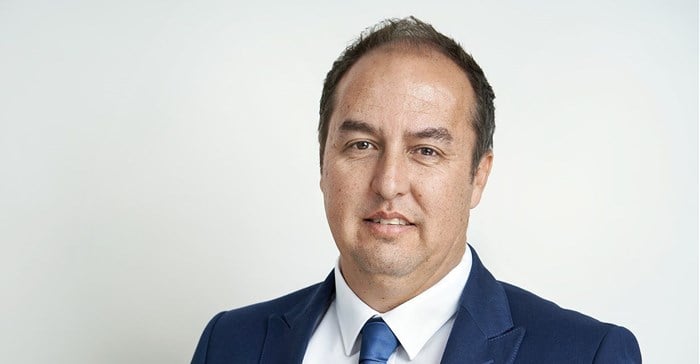
Related
Top stories






More news


Marketing & Media
Ads are coming to AI. Does that really have to be such a bad thing?














These factors were highlighted in an independent survey on the DFM environment in the South African retail space conducted by The Collaborative Exchange in 2019.
Two years on and these issues are still around.
The majority of the costs that an independent DFM passes on can range anywhere from 10bps-35bps. Many of the independent DFMs work on a sliding scale as a percentage of assets under management. The more assets, the smaller the fee and vice versa, but the cost savings through outsourcing aren’t always carried through to reduce an advisor’s fees.
The next crucial, but equally important point, is the transparency and independence of the DFM. How many will select their own underlying funds within their own solution? If so, is it communicated to the advisors? If that fund is not performing relative to its benchmark, will the DFM change or fire the manager? Does this not constitute a conflict?
In the interests of assisting and guiding advisors and their clients, below are a few points to consider when selecting the right independent DFM:
Alongside the points above, as an advisor, it’s crucial that you, and only you, will always be the relationship holder with your client. A DFM service, should be viewed as a specialised investment service that is outsourced to provide your clients with the best possible outcome relative to their appetite for risk.
One needs to partner with a DFM and go on a journey where the trust and professionalism can be built up over time and costed according to the desired set outcomes you wish to see, but not at the expense of the end client. A thorough due diligence on the DFM is required and it’s important to understand if you’re getting value for money that will in turn transform your business into a professional operation.
As an advisor with institutional clients, a multi-manager solution can address all issues and concerns. Once again, it’s outsourced decision making. Considerations should be given to costing, investment management style and process, and how actively the fund is managed via strategic asset allocation and tactical asset allocation. Selecting a single manager in a balanced fund can be problematic – but if you outsource it, you protect yourself and your clients too.